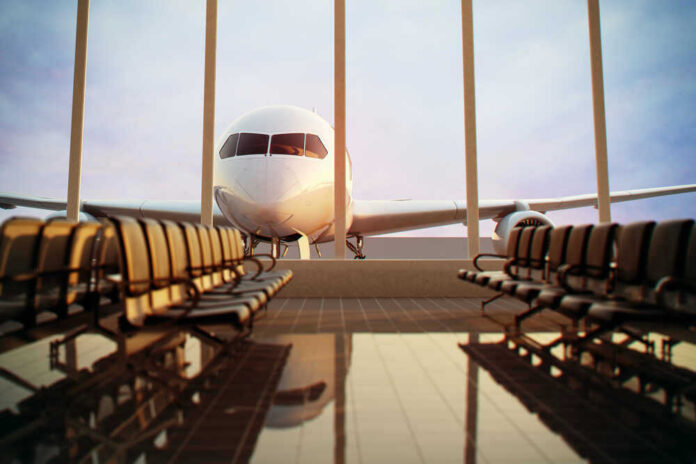
Southwest Airlines has scrapped its popular two-for-one seat refund for plus-size travelers, forcing passengers to pay upfront and lose flexibility.
Story Snapshot
- Southwest is ending its policy of letting plus-size passengers claim a second seat for free or a refund.
- Starting January 27, 2026, travelers must buy the extra seat in advance, with refunds only if seats remain open at departure.
- Advocacy groups and affected travelers voice concern over rising costs and lost dignity.
Southwest’s Policy Change: A Step Toward Corporate Standardization
Southwest Airlines announced that it will end its unique “Customer of Size” policy starting January 27, 2026. Until now, plus-size passengers could reserve a second seat in advance for free or request one at the airport. This approach set Southwest apart at a time when other airlines demanded upfront payment with little recourse.
The new policy requires passengers needing more than one seat to purchase the second seat in advance. A refund is granted only if the plane departs with open seats and both seats are in the same fare class. The shift aligns Southwest with less forgiving industry norms and raises real concerns about customer treatment.
Southwest’s previous “Customer of Size” policy addressed comfort and safety concerns, particularly for plus-size travelers and those seated next to them. By allowing a free second seat or an easy refund, Southwest balanced operational efficiency with compassion.
The reversal comes amid broader debates about shrinking airline seat sizes, increased scrutiny of accessibility, and mounting financial pressures. The company has also recently ended open seating and introduced checked baggage fees, signaling a sweeping shift in priorities.
Critics argue these changes run counter to the airline’s reputation for putting customers first, instead focusing on bottom-line profits and standardizing policies with competitors.
Impact on Passengers and Advocacy Groups
The new rules mean higher costs and greater hassle for plus-size travelers, who now face upfront payments and uncertain refunds.
Advocacy organizations warn that these changes erode dignity and accessibility, potentially violating anti-discrimination principles. Many affected passengers feel singled out and fear reduced ability to travel, as confusion and frustration mount during the transition.
Other travelers may notice changes in seating dynamics, with fewer options for comfort and greater crowding. The economic impact includes potential loss of business from loyal customers, while social consequences drive renewed debate over fairness in air travel. Calls for regulatory action and new guidelines are expected as the policy takes hold.
Southwest executives, motivated by cost management and operational efficiency, hold the decision-making power. Advocacy groups and public opinion can exert pressure, but have limited direct influence.
The company’s leadership, along with input from legal, customer service, and financial departments, orchestrated the policy overhaul. Industry experts note that Southwest’s prior model was a competitive differentiator, and its removal risks alienating a loyal customer base.
Disability advocates highlight the undermining of accessibility, warning that the policy shift may set a troubling precedent across the airline sector.
Broader Industry Consequences and Conservative Concerns
The ripple effect of Southwest’s policy change could prompt competitors to clarify or tighten their own rules, fueling a wider industry trend toward shrinking personal space and increasing costs.
For conservatives committed to defending individual liberty and opposing government overreach, this episode exposes how unchecked corporate policies can erode common sense, dignity, and fairness for everyday Americans.
The end of customer-friendly treatment for plus-size travelers is another reminder that big business is often more interested in standardization and profit than in genuine service.
As advocates and passengers push back, the debate over seat sizing, travel rights, and accessibility will intensify, calling for transparency and respect for all travelers.
Southwest Changing Rules for Plus-Size Passengers: What To Know – Newsweek https://t.co/mtPFPWD8ve
— michael seigler (@MikeSeigler) August 25, 2025
Limited data is available on how other airlines will respond, but the history of shrinking seats and rising fees suggests that Southwest’s move will not be the last.
The transition period, set to conclude in early 2026, will reveal further consequences for passenger experience and industry reputation.
Conservatives should remain vigilant as policies evolve, demanding accountability and standing up for fair treatment, transparency, and the restoration of common sense in American business.
Sources:
Southwest Airlines changes rules for size passengers
Southwest Airlines official support page: Extra seat policy
Southwest Airlines new policy to affect size travelers



















